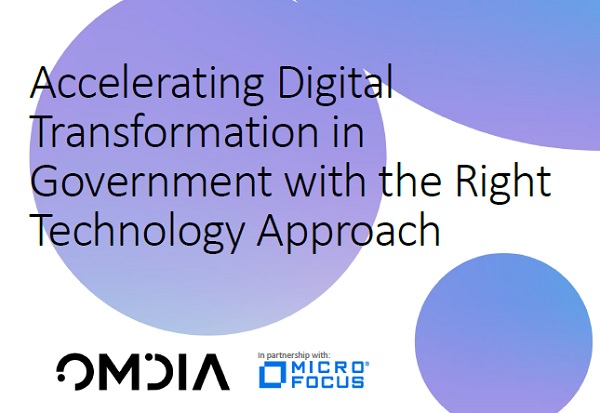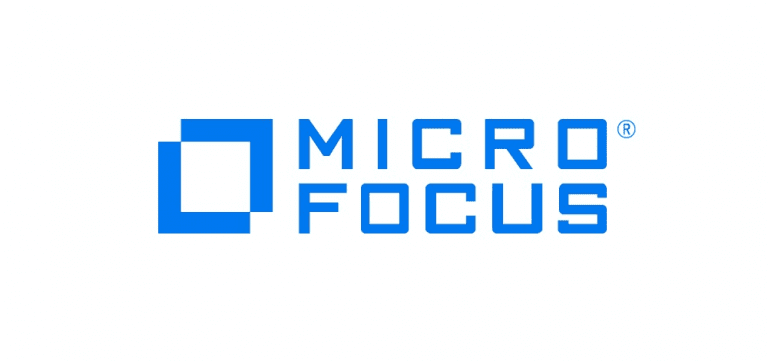Summary – Accelerating Digital Transformation in Government with the Right Technology Approach
Constituent and market demands are compelling Australian federal government institutions to realign their functions and services. The foundation of this citizen-centricity is a holistic and personalised view of each person’s life journey derived from the data held by government agencies. The Digital Transformation Agency is responsible for driving change across the Australian public sector through initiatives such as the Digital Transformation Strategy. In parallel, the national data commissioner is preparing the new Data Availability and Transparency legislation to free data from its current silos and make it available for these new citizen-centric services.
Significant challenges exist that impede a government agency’s ability to deliver against the Digital Transformation Strategy. Omdia and Micro Focus have partnered on a survey of 40 Australian federal government decision-makers to gauge the maturity of and progress on agencies’ digital transformation initiatives and the underlying technology challenges and investment. The survey and follow-up interviews covered each agency’s digital transformation progress and maturity, data and analytics capabilities, use of artificial intelligence (AI) and intelligent automation, implementation of DevSecOps practices, and future technology investment plans.
Study findings
A quarter of all respondents stated their agency did not have an approved digital transformation strategy. Larger agencies and departments were more likely to have a mature digital transformation programme with executive support and funding. Most respondents were aware of their relative progress and maturity.
Respondents understood that the proposed Data Availability and Transparency legislation would have a significant impact with 88% of the respondents stating that IT systems would have to change and a substantial 45% saying that new systems or major changes to existing systems would be required. Just over half believed it would have a significant impact on their agency’s data governance practices.
These statistics show that many federal government agencies have a lot of work to do on their strategic direction and core data governance and management activities.
With the extensive use and capability of AI, it is surprising to note that 38% of respondents stated that their agency had no plans to implement AI. Where the investment is happening, it has historically focused on internal problem spaces; however, respondents indicated that future expenditure would focus on citizen services including case management, citizen identity, and citizen self-service.
Agencies are embracing intelligent automation technology with 84% having current or planned implementations, mainly targeted at internal improvements to the back-office process, data usage, and data quality.
Government agencies have a long way to go in the adoption of DevSecOps, with only 7.5% scoring top maturity marks for the best teams. Work is starting on organizational structures, but significant challenges exist around legacy technology and the adoption of DevSecOps tools to automate and accelerate the practice. The survey and interviews indicate that many agencies are using the title DevSecOps without implementing the key principles, practices, and technology that it implies. These results may also reflect an underlying misunderstanding of the DevSecOps practice and scope.
Published with Written Permission


